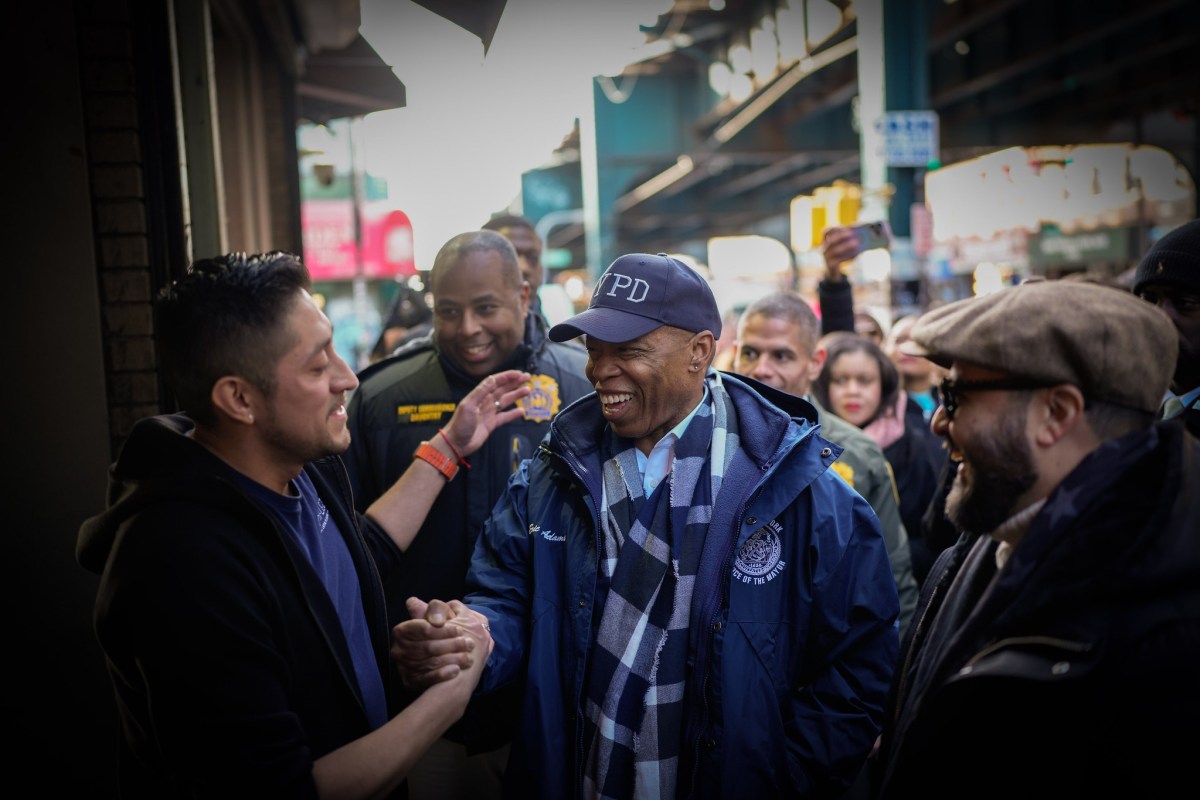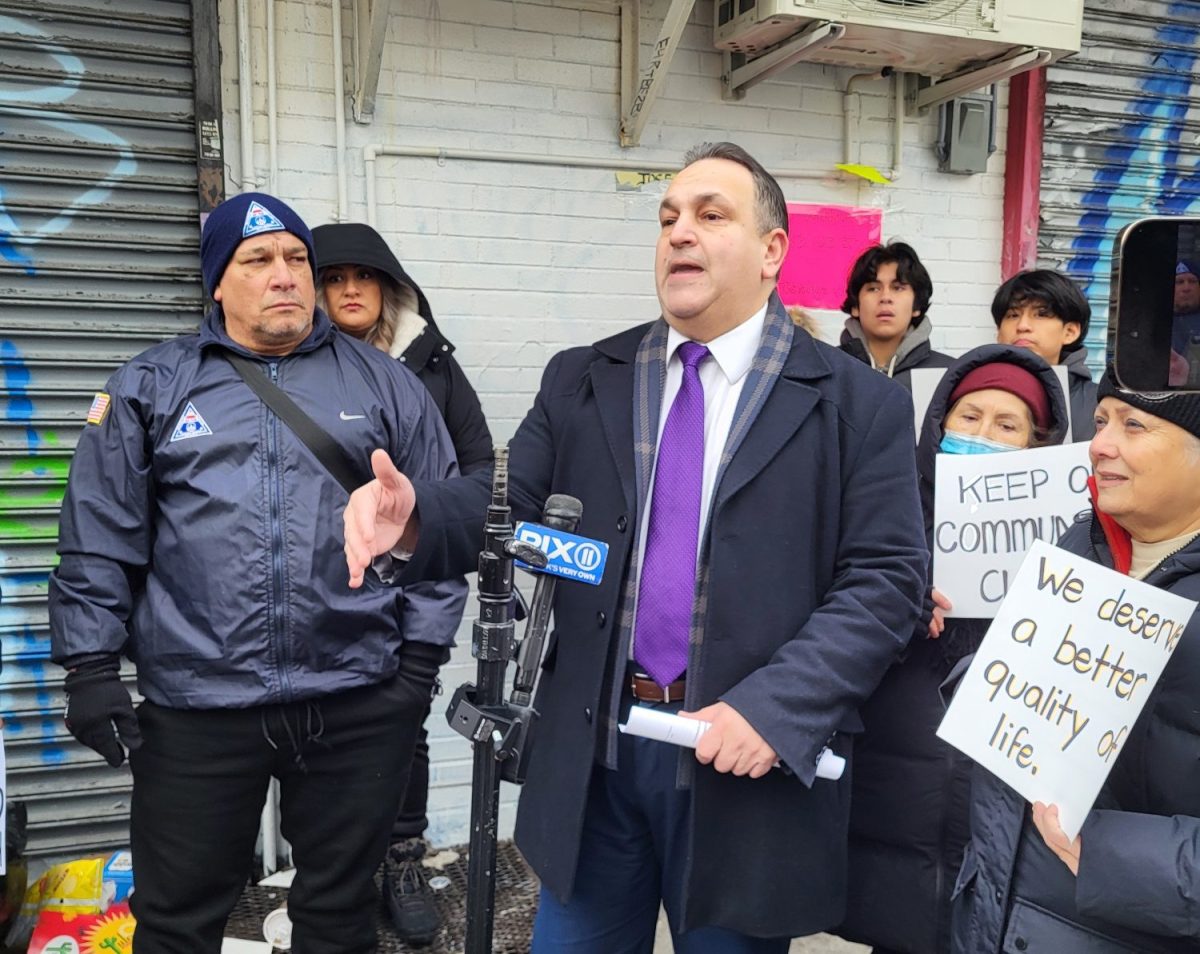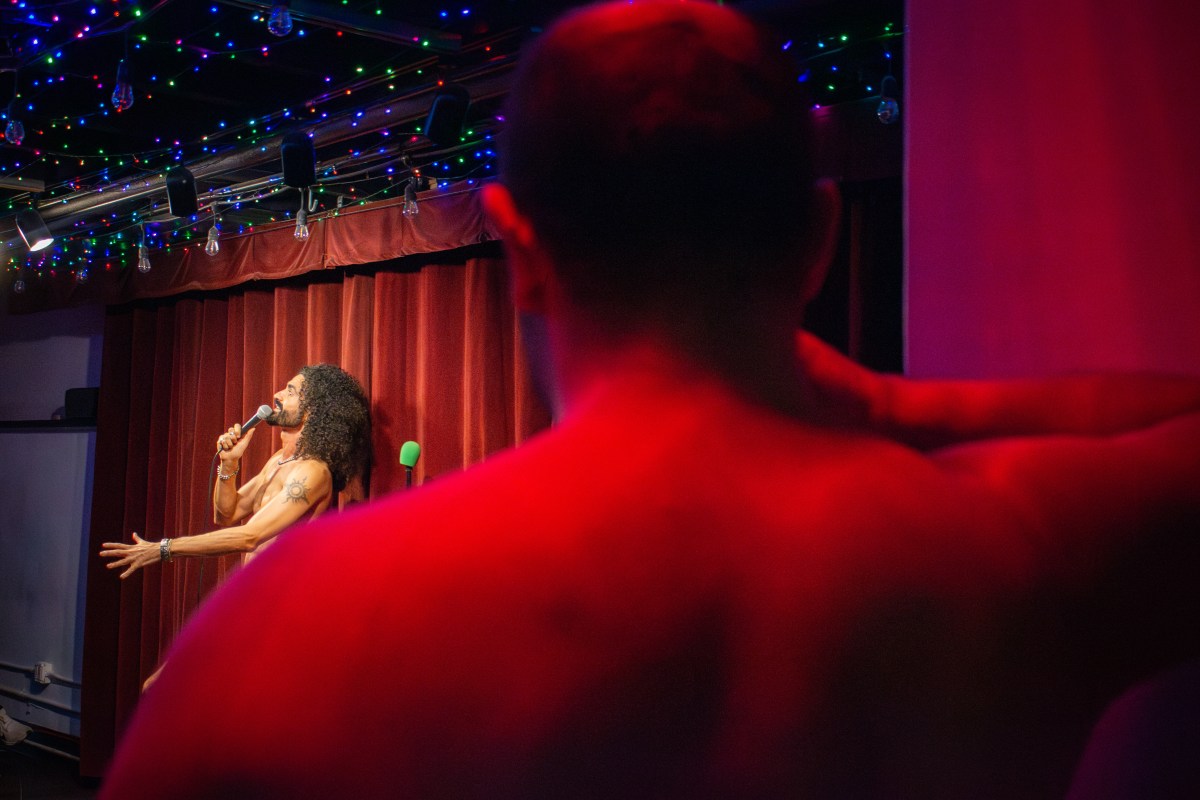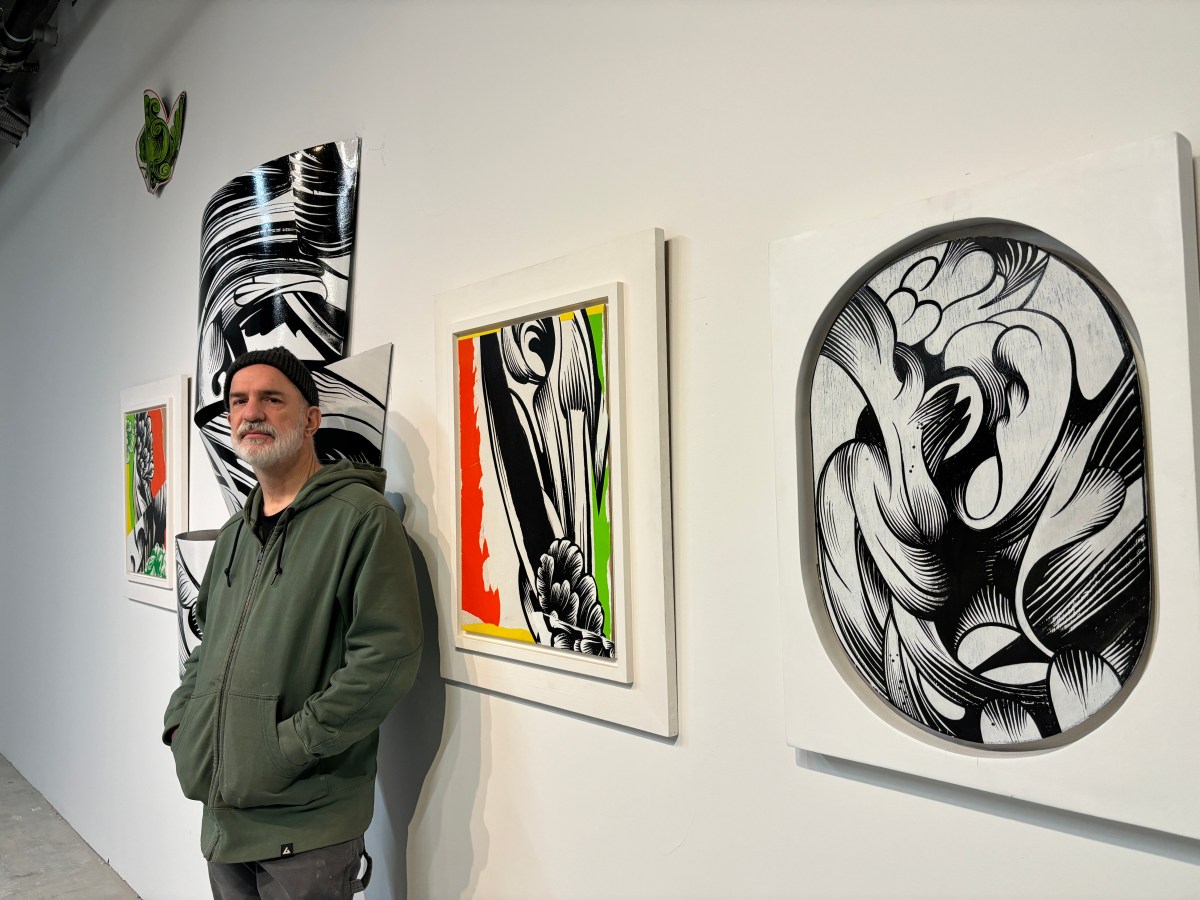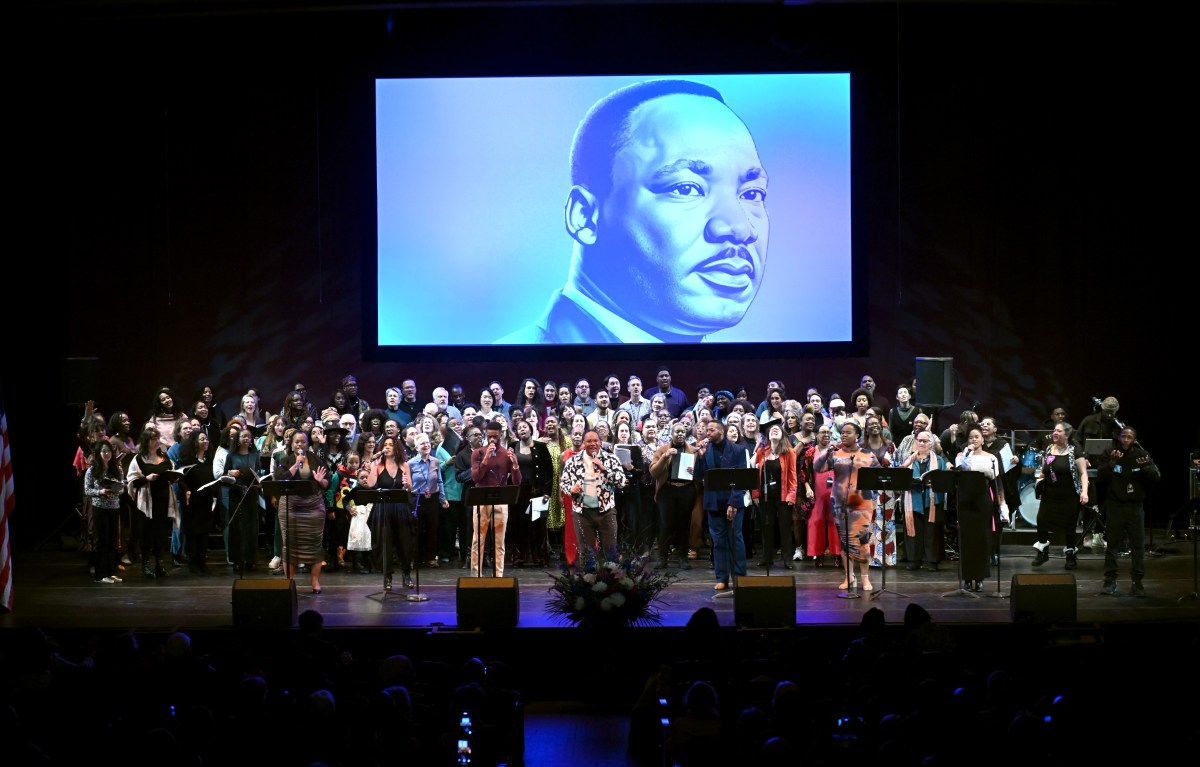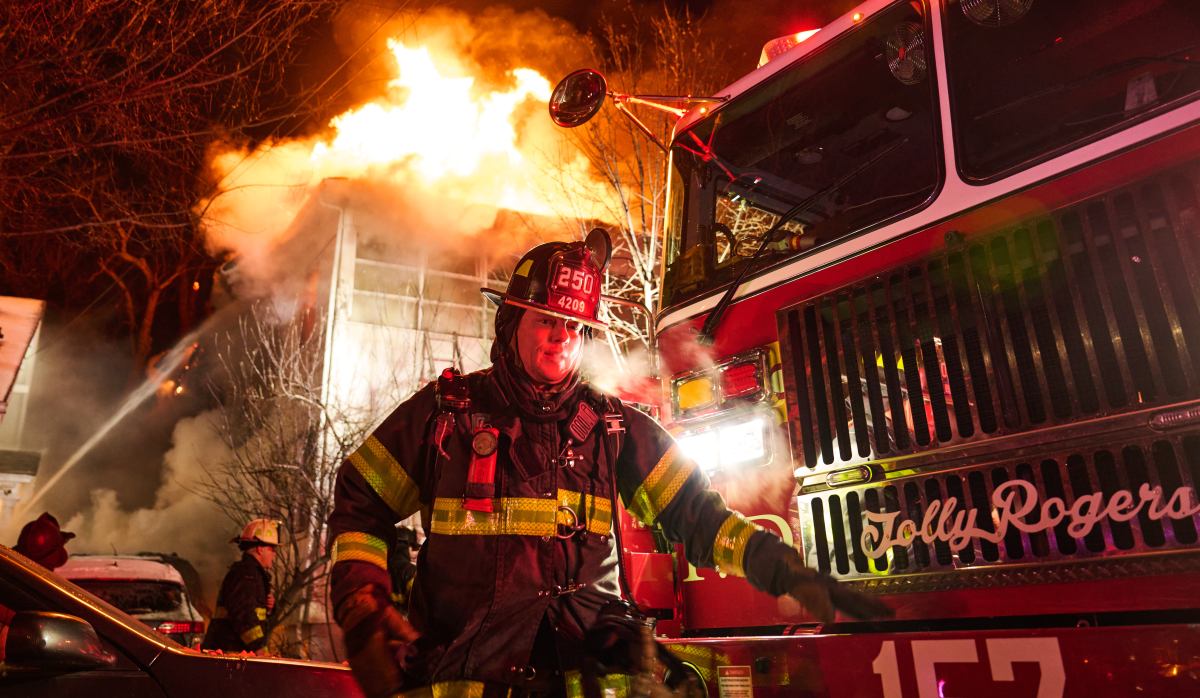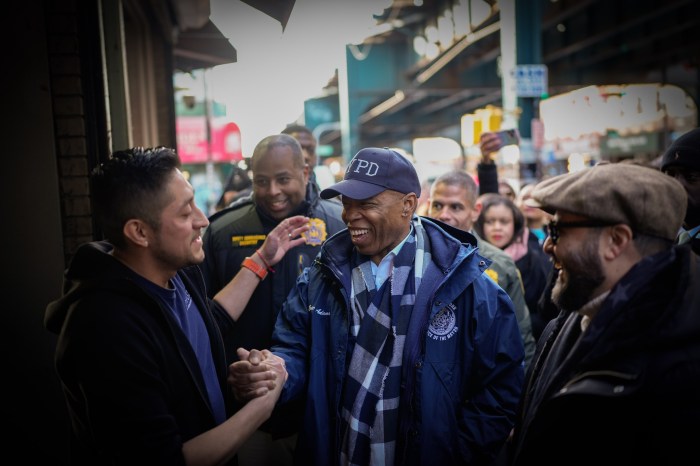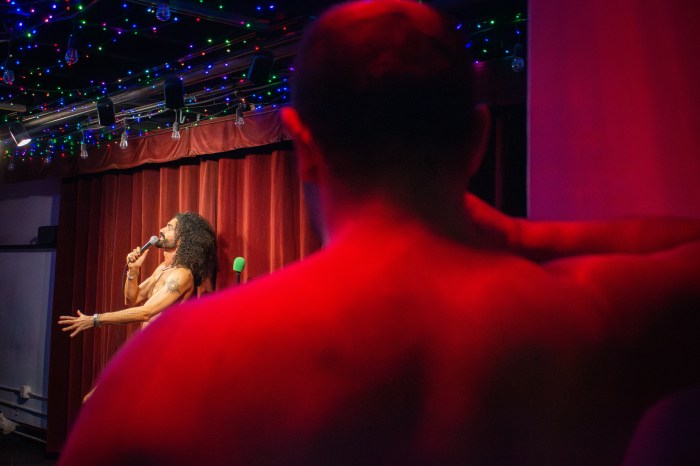
With the car there were both problems and possibilities.
Possibilities, because with the durable old Honda CR-V, Pablo Villavicencio could move his young family from their cramped apartment in Queens to a home on Long Island. He could live the American dream.
Problems, because as an immigrant here illegally he did not have a driver’s license. He had a New York City ID card — the IDNYC — that was no help in June, when he showed it to try to get on a Bay Ridge military base and deliver Italian food from the Queens pizzeria where he worked. His white Honda was stopped and he was told the ID wasn’t good enough. A background check exposed his lack of documentation. Villavicencio, 35, is a father of two who had an order of deportation against him but has no further criminal record, and he is now in detention in New Jersey. On Tuesday, he will have a court hearing that is expected to indicate his future — here in America, or deportation.
But possibilities: they started when he met his wife, Sandra Chica, at a house party in Queens around 2012. He’d been thinking about going home to Ecuador, his asylum bid here having gone nowhere. She’d wondered whether it was time to go back to her home country of Colombia, too. She was recently divorced and a naturalized U.S. citizen, far from family and friends.
But then she met Villavicencio, Chica said Friday in an interview in her Hempstead, Long Island, home. Everything changed. Soon they were married and their eldest daughter, Luciana, was born.
A brief look around the house confirms that Villavicencio spoiled Luciana, 4, and his 2-year-old, Antonia. In a pink bedroom: a full bed of Mickey and Minnie Mouse stuffed animals. On the living room air conditioner: a long line of Disney figurines.
The white Honda is important here, because Villavicencio would drive it out to the Roosevelt Field mall on Long Island to the Disney store there. He liked to bring toys back to the girls. He also found that he liked Long Island, the seemingly safer, quieter streets. The ability to have a backyard. A barbecue, a little grass. After Antonia was born, they made the move.
Despite life in greener pastures, Villavicencio was always nervous about driving. He needed to do it to get to work, but it was always a risk. Bringing his girls to Disney World was his “main goal,” Chica, 38, says. But that many hours in the car was asking for trouble. And he was just as nervous about an airport, where he would have had to use his Ecuadorean passport. “When are we going? When are we going?” his girls asked. “One day,” he said.
Why not just get citizenship through his wife? They’d considered it after they got married, Chica said. But an attorney advised them to file taxes together, have a child — make it clear that this was a real marriage. So they did. Then their first daughter was born, and Chica had to stop working for a while in her job as a medical assistant. The application process can be expensive. With Villavicencio supporting the family alone they couldn’t find the extra money. Then they had their second daughter, more money problems. When Villavicencio finally put in an application in February of 2018, it cost around $3,000 between lawyers and fees. He did not receive immigration relief in time. (The application is pending, says Villavicencio’s Legal Aid Society lawyer.)
But the car offered some stability. He was tired of working long days as a waiter. He developed a herniated disc at one gig from carrying heavy catering platters. With the car, he had a job that was easier on his body, making deliveries around the city for Nonna Delia’s pizzeria.
That worked well until a few weeks ago when Villavicencio became another of the thousands of immigrants detained under President Donald Trump’s so-called zero-tolerance approach to immigration law. Villavicencio never made it home to Hempstead after his delivery. Chica remembers that when she went to pick up the white Honda, she found the food warmers in the car, empty.
Now she drives the car herself to New Jersey to visit her husband, sometimes with the girls who do not exactly know why their father can’t come home. They ask why he has to stay in the “closed” place. She hopes she’ll be able to tell them something good soon: that the American legal system will free their father, that all the news conferences and political support will mean something. For now, Chica says that their father has a new job at a new restaurant, wearing an orange smock rather than the usual red one.
“He has to finish that job first,” she tells them. Then he can come home.










